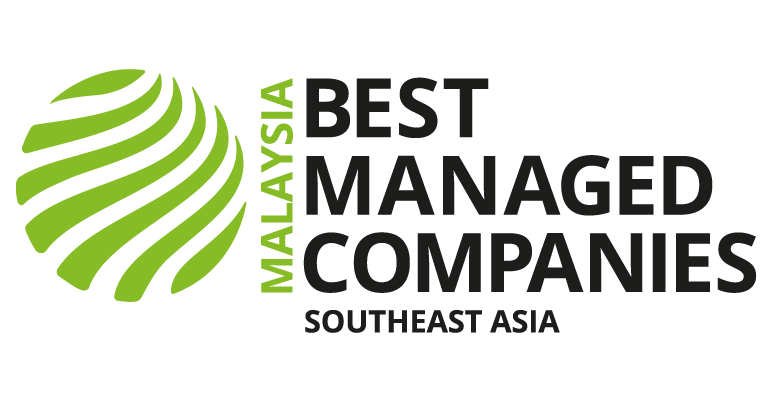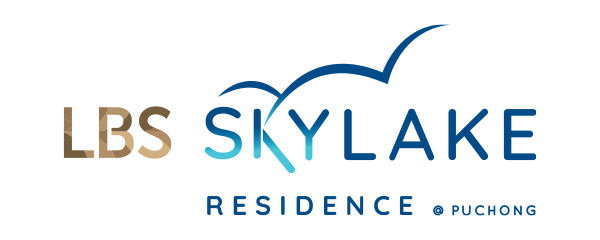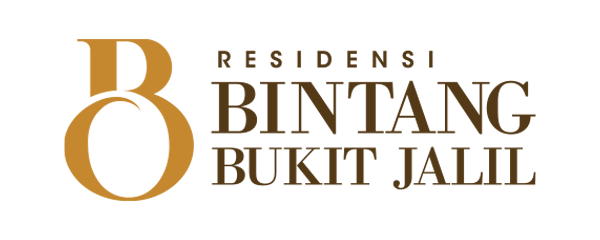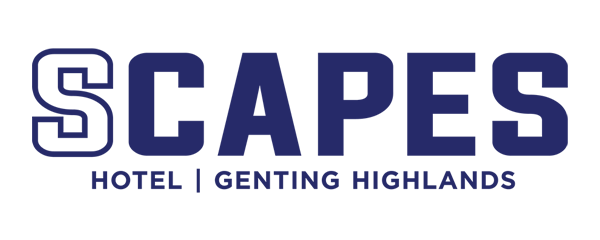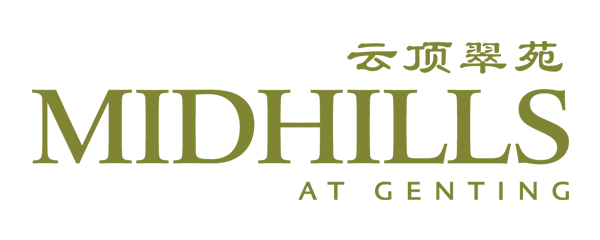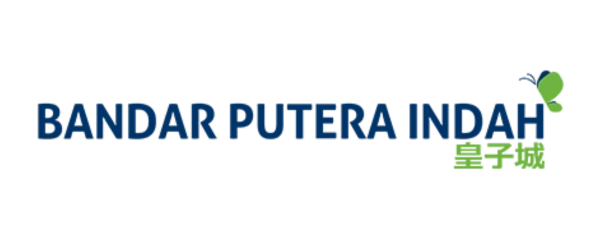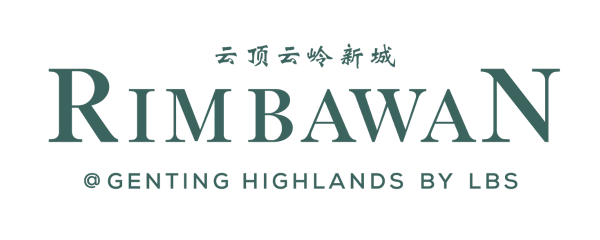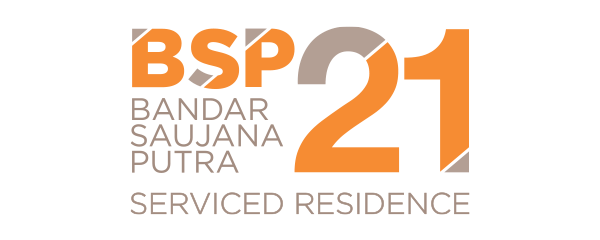1.0 INTRODUCTION
LBS Bina Group Berhad (“LBGB” or “Company”) and its subsidiaries (“LBGB Group” or “Group”) recognise the importance of honesty, sincerity, and transparency and are committed in achieving the highest ethical standards in its business operation through compliance with all applicable laws, regulations and/or standards in the jurisdictions, where LBGB Group operates.
2.0 OBJECTIVE
To establish guidelines on the giving or receiving of Gift, Entertainment and Hospitality to and from LBGB Group, Business Associate, Third Party and/or their representatives.
3.0 SCOPE
This Policy is applicable to the Personnel, Business Associate, Third Party and/or their representatives acting on behalf of LBGB Group. Joint-venture companies and associated companies are encouraged to adopt these or similar principles. This Policy should be read in conjunction with the Anti-Bribery and Corruption Policy and the Whistleblowing Policy of LBGB Group.
4.0 “NO GIFT & ENTERTAINMENT POLICY”
4.1 LBGB Group adopts a “No Gift, Entertainment and Hospitality Policy” whereby all members including but not limited to their Directors and Staff of LBGB Group are prohibited from giving and receiving any Gift, Entertainment or Hospitality. This Policy also extends to family members, representatives and/or Business Associate of Personnel and Third Party.
4.2 All Personnel, Business Associates, Third Party and/or their representatives shall abide to this Policy to avoid any conflict of interest or seen to be a conflict of interest, and may potentially tarnish the Group’s reputation or be in violation of anti-bribery and corruption laws.
4.3 Although LBGB Group practices a “No Gift, Entertainment and Hospitality Policy”, there may be situations whereby it may be customary or necessary to give or receive Gift, Entertainment or Hospitality during the ordinary course of business. Under such circumstances, the following exceptions to the Policy may apply:
i) meet the requirements of applicable internal policies of LBGB Group;
ii) as a legitimate, justified business courtesy;
iii) be given in a transparent manner, modest in value and for valid purposes;
and
iv) not influence or appear to influence the independence of the receiver of the said Gift, Entertainment or Hospitality.
5.0 DEFINITIONS
“Business Associate” means an external party with whom LBGB Group has, or plans to establish, some form of business relationship. This may include clients, customers, joint ventures, joint venture partners, consortium partners, outsourcing providers, contractors, consultants, subcontractors, suppliers, vendors, advisers, agents, distributors, representatives, intermediaries and investors.
“Corporate Gift” normally bears the company’s name and logo and are of nominal/appropriate value.
“Entertainment and/or Hospitality” means the considerate care of guests, which may include refreshments, accommodation and entertainment. For avoidance of doubt, all forms of entertainment shall be deemed to be included under this definition as well.
“Gift” means anything of value (such as cash or cash equivalent vouchers, goods and services) given to any person or organisation without any expectation of anything in return or without any intention to influence someone to act improperly.
“Personnel” means Directors and all individuals directly contracted to LBGB Group on an employment basis, including permanent, temporary employees and interns.
“Public Official” means an individual who:
(i) holds a legislative, administrative or judicial position of any kind; or
(ii) who performs public duties or exercises a public function for or on behalf of a country or territory (or subdivision thereof) or for any public agency or enterprise.
“Third Party” means anyone who at any time performs (or who is intended to perform) services for or on behalf of any entity of LBGB Group including anyone who is engaged (by contract or otherwise) or paid to represent any entity of LBGB Group such as suppliers, distributors, business contacts, agents, representatives, intermediaries, middlemen, introducers, sponsors, consultants, contractors, advisers and potentially Public Official.
“Facilitation Payment” means typically small, unofficial payments or other provision made personally to an individual in control of a process or decision. It is given to secure or expedite a routine or administrative duty or function, to which the payer is entitled, legally or otherwise.
6.0 ACCEPTING GIFT, ENTERTAINMENT AND HOSPITALITY
6.1 LBGB Group acknowledges that Gift giving is a central part of business etiquette. Gift, Entertainment or Hospitality received shall be recorded via the LBGB Group’s online Declaration Form subject to this Policy.
6.2 The following Gift, Entertainment or Hospitality may be accepted by any Personnel without approval but online Declaration Form is required:
i) Corporate Gift; and/or
ii) Perishable Items (such as fruits, festive cookies or delicacies offered during festive seasons or ceremonial occasions).
6.3 Invitation to attend open house, opening ceremony and receiving condolence offerings may be accepted by the Personnel without approval and online Declaration Form.
6.4 Personnel and any Third Party acting for or on behalf of LBGB Group are prohibited from:
- requesting gifts, contributions, gratuities, services or bribes from LBGB Group’s suppliers, or clients, regardless of its worth;
- accepting any Gift, Entertainment or Hospitality that is, or gives the appearance of, being lavish, offensive or inappropriate;
- accepting any favours that might be regarded as placing an obligation to such person or party; or
- accepting from, a business contact of LBGB Group any Gift, Entertainment or Hospitality in a personal capacity or through any family member or agent.
6.5 Save and except for items stated in Clause 6.3, for Gift below RM500, Entertainment and Hospitality below RM200 per person, the Personnel shall declare by executing and submitting the online Declaration Form within 3 business days. The Head of Department or Senior Management shall decide to:
i) donate the Gift to the charity;
ii) hold the Gift for departmental display;
iii) share the Gift with other employees in the department;
iv) permit it to be retained by the Personnel; or
v) assign representative(s) for the Entertainment and/or Hospitality.
6.6 In determining the above, it is expected for the Personnel and/or any Third Party acting on behalf of the LBGB Group to exercise proper care and judgement in each case, taking into account pertinent circumstances including the character of the Gift, its purpose, the position/ seniority of the person(s) providing the Gift, the business context and cultural norms.
6.7 Save and except for items stated in Clause 6.3, for Gift of RM500 and above, Entertainment and Hospitality of RM200 and above per person, the Personnel shall obtain the Executive Director’s approval and subsequently declare by executing and submitting the online Declaration Form as soon as practicable. The Executive Director or Head of Department or Senior Management of the Company shall decide whether to:
i) donate the Gift to the charity;
ii) hold the Gift for departmental display;
iii) share the Gift with other employees in the department;
iv) permit the Gift to be retained by the Personnel; or
v) assign representative(s) for the Entertainment and/or Hospitality.
6.8 Personnel and/or the Third Party acting on behalf of the LBGB Group are advised to exercise their own judgement and self-assessment to estimate or determine the value of the Gift, Entertainment and Hospitality received.
7.0 DECLINING GIFT, ENTERTAINMENT AND HOSPITALITY
7.1 If any Gift, Entertainment or Hospitality received are not permitted by this Policy, all Personnel are required to either:
a) to politely decline and explain LBGB Group’s Gift, Entertainment and Hospitality
Policy to the offeror; or
b) where it would be offensive or embarrassing to the offeror, the Personnel shall consult the Executive Director or Head of Department or Senior Management to obtain approval on the treatment of such Gift, Entertainment or Hospitality and thereafter declare and submit the online Declaration Form.
8.0 GIVING GIFT, ENTERTAINMENT AND HOSPITALITY
8.1 Subject to the terms of this Policy, Personnel may give Gift, Entertainment or Hospitality to any Third Party.
8.2 It is the responsibility of the Personnel involved in giving of any such Gift, Entertainment or Hospitality to make reasonable efforts to enquire about the recipient’s policies on Gift, Entertainment and Hospitality and to ensure that the giving of Gift, Entertainment or Hospitality complies with the recipient’s policies as well as this Policy.
8.3 Prior to giving any Gift, Entertainment or Hospitality, the Personnel shall obtain approval from the Executive Director and thereafter declare and submit the online Declaration Form as soon as practicable.
9.0 FACILITATION PAYMENT
9.1 LBGB Group adopts a strict policy of disallowing the use of facilitation payments in its business. Facilitation payment as defined in this policy need not necessarily involve cash or other asset, and can include any sort of advantage to influence Personnel, Business Associate, Third Party and/or representatives in their duties.
9.2 Facilitation Payment is deemed to constitute bribery. Where the Personnel are requested to make such payments, the Personnel shall decline to make the payment and report the same to the Compliance Team. Where a payment has been made and the Personnel who made the said payment is unsure of its nature, the Compliance Team must be notified immediately, and the payment shall be recorded accordingly.
9.3 Pursuant to Clause 9.2, the Compliance Team shall refer to the Executive Director as to any further action to be taken under this Policy and/or Anti-Bribery and Corruption Policy.
10.0 PUBLIC OFFICIAL
10.1 Any Gift, Entertainment and Hospitality given to any Public Official will expose LBGB Group to higher risks under anti-bribery and anti-corruption laws. All Personnel are expected to be mindful and shall comply with all the rules that apply to the interactions with Public Officials.
10.2 Personnel may offer or give Gift, Entertainment or Hospitality subject to the following exception whereby the Gift, Entertainment or Hospitality:
10.2.1 Personal Capacity: is given to the Public Official outside the course of such official’s public duties. It is advised that the quantum of RM500 be used as a general guide.
10.2.2 Public Duty: provided that it is not in breach of any guidelines or codes applicable to Public Officials, is given to the Public Official as a token of appreciation in the course of public duty where such Public Official is officiating or attending an event, ceremony or other function hosted or organised by LBGB Group.
10.3 At an event, ceremony or function hosted or organised by government authority or ministry, Personnel acting as a representative of LBGB Group, may receive Gift, Entertainment or Hospitality from a Public Official.
10.4 If a Gift, Entertainment or Hospitality is intended to be given or offered to a Public Official in the course of his public duties as permitted by this Policy, it must be approved in advance by the Executive Director.
11.0 REVIEW OF THE POLICY
This Policy has been approved by the Board of Directors and is available on the Group’s corporate website and internal computer networking system. All Heads of Department are responsible to inform and explain the contents of this Policy to their staff.
This Policy shall be reviewed by the Board of Directors and updated whenever necessary to ensure its effective implementation. Any subsequent amendments to this Policy shall be approved by the Board of Directors.
Erfan Sakib
on
June 29, 2022



